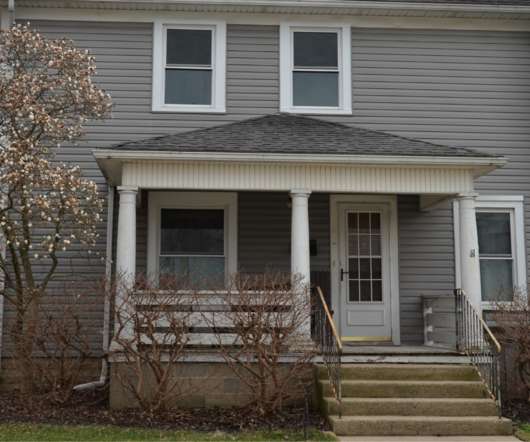How Can a Buyer Get Their Earnest Money Back?
Realty Biz
APRIL 17, 2023
You must put up an earnest money deposit when you buy a home. The purpose of earnest money is to show you're serious about buying. Many people refer to earnest money as a good-faith deposit. It is held in escrow until closing or until the buyer or seller terminates the contract.
















Let's personalize your content